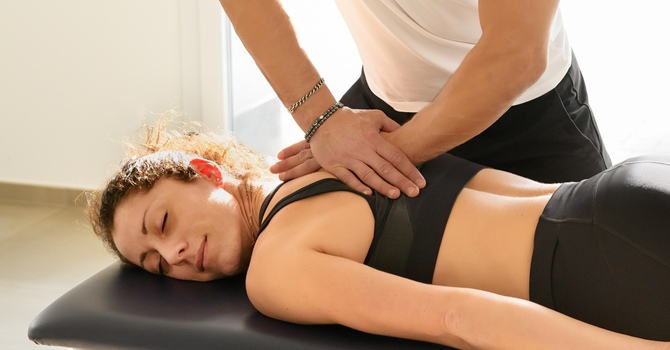
This may sound silly but many women find it helpful to plan their activities around their periods. Our hormones vary at different times of the month. This can affect the way we think and behave. Below, I discuss what science has found out about this topic. Note that the numbers I mention are general timelines. Not every woman will match these timelines exactly.
THE FOLLICULAR PHASE
The early follicular phase is days 1-7 with day 1 being the first day of your period. During this time estrogen levels are low. Your brain is also pumping out a hormone (FSH) to help develop the follicles in your ovaries. Follicles are little sacs that release eggs during ovulation times.
Things get more interesting during the late follicular phase. This is days 7-14 (i.e. the week after your period ends). Now estrogen levels surge telling your brain it’s time for ovulation to happen soon. After this, the brain pumps out another hormone (LH) in large amounts. Due to the rising estrogen levels your mind may be a little more sharp during this time. You may even feel less fearful and more bold.
By day 14 (i.e. 14 days after your period starts), ovulation happens and the egg is released.
THE LUTEAL PHASE
This phase is days 15-28. So, 15 days after your last period started to the day before your next period. During this phase progesterone rises and peaks at day 21.
Towards the end of this phase, PMS starts for many women. This is often blamed on higher progesterone levels. The higher progesterone is associated with more fearfulness. Reactions to sad, angry and stressful situations become more intense. You may even interpret normal face expression negatively.
WHAT TO DO
That’s pretty much all that studies have found so far. Research is still figuring it out and concrete proof is hard to find. Despite the small amount of data, many women still find it helpful to adjust their schedules at different times of the month – based on how they feel.
During the late follicular phase and ovulation:
Some women find this is a good time to try new things. Get out there and do projects that would normally make you nervous. It may be a good time to work on new health goals and start things you’ve been procrastinating. If the high estrogen levels are indeed making you less fearful and more sharp-minded, then leverage that to make the most out of this phase.
During the late luteal phase:
Remember, progesterone is spiking and might be making you more stressed, anxious and sad. This is a good time to surround yourself with comfort and low pressure situations. Stay close to home if you’re not up for big outings. Do things that soothe you and brighten your day. Spend time in nature, get sunshine, exercise and meet up with close friends. Increasing sources of calcium, magnesium and B-vitamins can also help you feel better.
Feel free to experiment with these ideas. See for yourself if planning your life around your period is helpful or not helpful to you. I don’t believe our cycles should be a curse. We can try to embrace the changes in ourselves across the different phases rather than fight against them. We can learn to go with the flow (pun). That way our cycles can be a source of well-being rather than grief.
Naturopathic medicine has a lot to offer in women’s health. Is your cycle giving you grief? Whether it’s PCOS, cramps, irregularity or something else, speak to your naturopathic doctor about it.
If you are interested in naturopathic services please contact Holland Landing Health Centre at 905-853-7900 or via e-mail at info@HLHC.ca!

Admin
Contact Me



